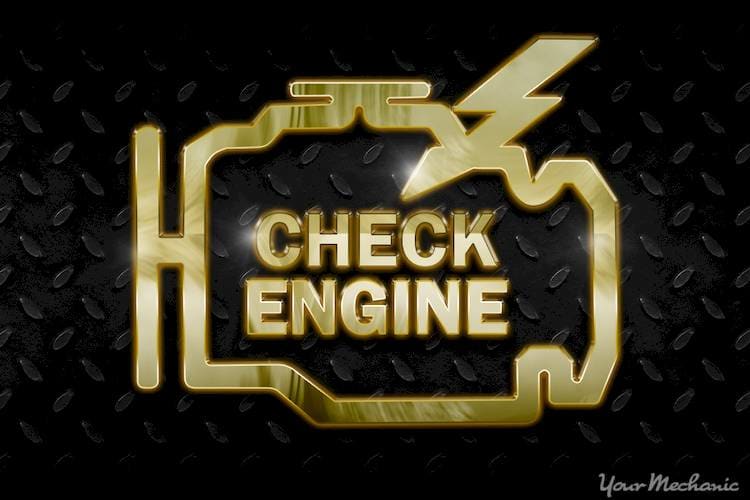P0544 Exhaust Gas Temperature Sensor Circuit Bank 1 Sensor 1
Diagnostic Trouble Code (DTC): P0544
P0544 code definition
The P0544 code means that the powertrain control module (PCM) has detected a problem with the exhaust gas temperature sensor circuit.
What the P0544 code means
The P0544 code is the generic OBD-II code triggered when the exhaust gas temperature sensor voltage readings exceed the manufacturer's programmed limitations, triggering the code and/or the Check Engine Light to illuminate.
What causes the P0544 code?
This code may be due to:
- Wiring, connectors or terminals that have become loose, broken, corroded or even burned
- Sensor shorting out internally or to its ground
- A defective sensor
- The use of an aftermarket exhaust system, usually off road systems, that cause pressure issues
- An extreme leak, upstream from the sensor, in the exhaust system
What are the symptoms of the P0544 code?
The P0544 code typically has no symptoms other than the Check Engine Light illuminating on the dash.
How does a mechanic diagnose the P0544 code?
Diagnosis of a P0544 code begins with the OBD-II scanner. The mechanic will look at the freeze frame data to determine precisely when the code was set before resetting the codes and doing a road test. This will reveal if the code returns, and if so, further diagnosis is needed.
The first step is to inspect all exhaust gas temperature sensor and all of its circuitry is needed. If this wiring is in working order, the sensor should be disconnected and a digital ohmmeter used to check the resistance of the exhaust gas temperature sensor. It must meet manufacturer specs, and if not, it will need replacement. If within the appropriate levels, the sensor must be manually tested.
Should the sensor fail to adjust smoothly during a manual test, it must be replaced. If it is in working order, it may be that there is a PCM failure, though this is rare.
Common mistakes when diagnosing the P0544 code
The main mistake made during a diagnosis of the P0544 code is for the technician to believe that the oxygen sensor is the exhaust gas temperature sensor or that they are integrated into one another as one unit. This is incorrect and replacing the oxygen sensor does not clear the code or solve the issue.
How serious is the P0544 code?
The P0544 does not interfere with vehicle operation or prevent safe operation of the car, but it can lead to voltage and electrical issues as the PCM relies on the sensor to provide optimal functions. It will adjust the timing in the ignition and the air to fuel ratio that protects the vehicle's catalytic converter.
What repairs can fix the P0544 code?
The common repairs used for the P0544 code are:
- Verifying the code with the use of the code scanner, and then resetting the codes before doing a road test. Should the P0544 code come back, it is necessary to do an inspection of the exhaust gas temperature sensor circuitry.
- If this is in good condition, especially around the areas closest to the hottest exhaust components, proceed with the diagnostics. If there are signs of damage, burning, corrosion, and anything that needs repair, do the repairs and retest with the scanner.
- If there is no damage, disconnect the sensor connector and physically remove it. Use your ohmmeter to gauge the resistance of the sensor, looking for it to fall within the manufacturer's specs.
- If it fails to meet the specs, replace the sensor. If it meets the standards, manually test it with a heat gun, monitoring the resistance on the ohmmeter to gauge if it decreases accordingly. If not, replace the sensor.
- Should these repairs fail to detect a problem, check the voltage at the sensor's connector, with the vehicle ignition turned to the "on" position. If this shows adequate voltage, it is a PCM issue.
PCM failure is a rare event, but it can be the cause behind this code and must be addressed if the diagnostic and repair steps fail to eliminate the code.
Need help with a P0544 code?
YourMechanic offers certified mobile mechanics who will come to your home or office to diagnose and repair your vehicle. Get a quote and book an appointment online or speak to a service advisor at 1-800-701-6230.
Check Engine Light
trouble codes
P0544





